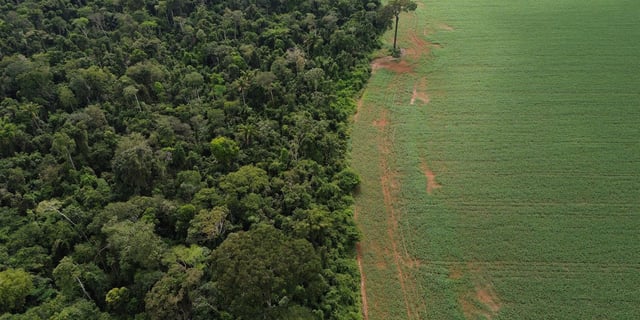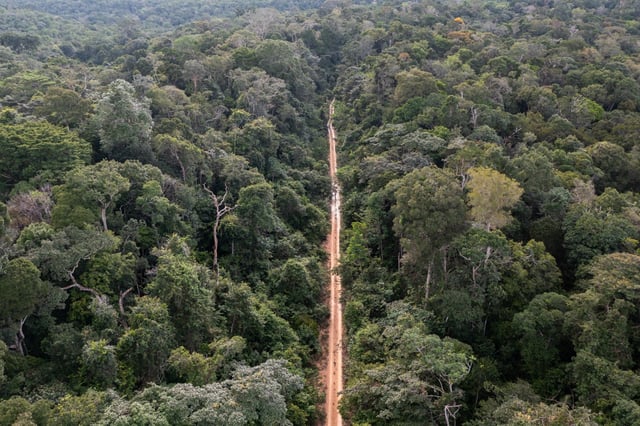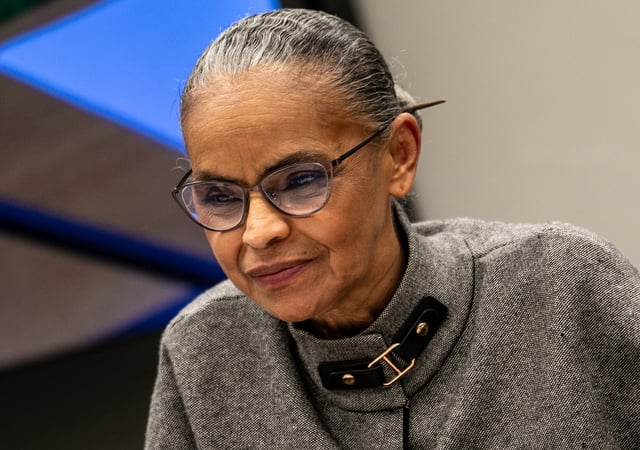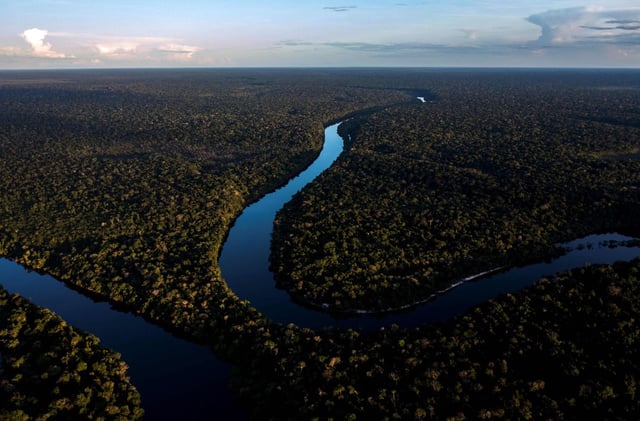Overview
- Presented during UN Climate Week at a high‑level dialogue with UN Secretary‑General António Guterres, the initiative pays tropical countries for conserved hectares without issuing carbon credits.
- The facility follows an endowment‑style model using public ‘junior’ capital to attract private investment, with Brazil seeking $25 billion in public commitments to leverage about $100 billion from the private sector.
- Designers project roughly $4 billion in annual disbursements when fully capitalized, with satellite verification of forest cover and a requirement that 20% of payouts go to Indigenous and traditional communities.
- An initial working group includes beneficiary countries Brazil, Colombia, Ghana, Indonesia, Malaysia and the Democratic Republic of Congo, and prospective investor nations Germany, the UAE, the United States, France, Norway and the United Kingdom.
- Governance, eligibility and disbursement rules are still being negotiated outside the formal UNFCCC process, with formal pledges expected to advance ahead of an operational launch targeted for COP30 in Belém in November.



